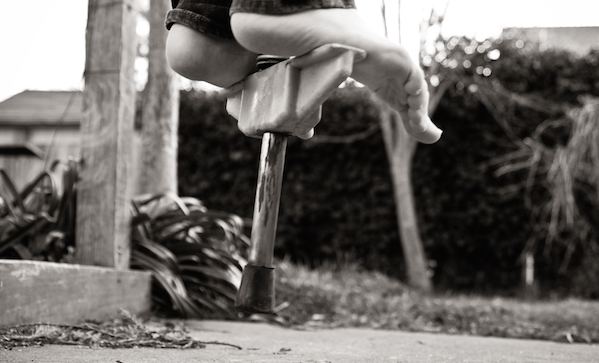Problem
Some famous guy whose name escapes us keeps saying that 10,000 hours of something makes you an expert.
Reality
No, it doesn’t. Practice is important, but according to a study in Psychological Science, it’s not the whole story.
Method
Back in 1993, a psychologist named K. Anders Ericsson asked violin students to estimate their lifetime practice hours—estimate is a key word here. They found that the ‘best’ students averaged about 10,000 hours, far more than the less skilled students.
The researchers behind this current study cast a broader net. And by ‘broader net’, we mean they analysed 9,331 research papers related to practice and becoming an expert at something. They focused mainly on eighty-eight papers that involved collecting and recording data about practice times—other papers constructed estimates of practice time by conducting interviews and issuing questionnaires, but these eighty-eight studies actually had subjects keep logs of hours spent.
Results
Practiced mattered, but it wasn’t the only thing that mattered. In fact, practice accounts for about 12% of mastering a skill. That percentage varies based on what the skill is; for example, the number was 26% for games, 21% for music, 18% for spots, and 4% for education. Moreover, the studies where subjects actually had to log hours instead of estimating them showed that practice mattered less than in the other studies.
The Takeaway
There are two very obnoxious sorts of people attracted to the 10,000 hours rule. Obnoxious Type 1 says, “See! Practice doesn’t matter at all so I shouldn’t even try and that’s why I’m terrible!” We imagine these people spent a lot of time lying to frustrated piano teachers as kids.
Obnoxious Type 2 tends to say, “Look, I may be fifty years old and have a bad back, but I’ve spent years dribbling the ball and making baskets, so there’s no reason I shouldn’t beat those kids as pick-up.”
If you’re trying to learn something, by all means: keep practicing. You probably won’t get very far without practicing. However, also realize that there’s a point when you won’t be an expert at the thing you’ve given so much of yourself to. And that’s okay; you’re probably still pretty good at it anyhow.


